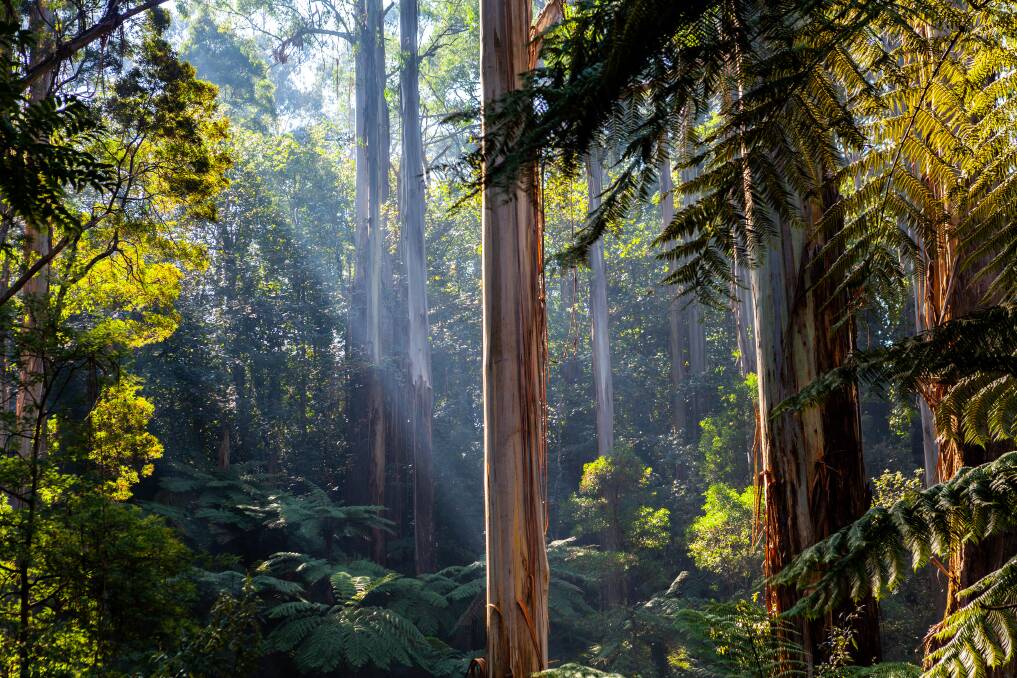
"Perhaps this is the only place in the universe with life on it, but maybe there are others and they learned to look after their life rather than trying to spend time and money looking elsewhere for it." - Professor Stephen Boyden, former biology professor, ANU
I was a young university student wondering what direction my career would take when I heard this on the very first Earth Day, April 22, 1970. That lecture was the start of my environmental science journey that continues 51 years later.
In 1970, Australia had no environmental legislation, a few years later every state had an Environmental Protection Act and green issues have been on the political agenda ever since.
The issues threatening our planet have continued piling up, and while we've moved to address them, more still needs to be done.
We faced the dangers of DDT based pesticides to our food chains and banned them, now we have plastics. We've seen the widespread loss of forests around the country, but Western Australia is the only state to ban old growth logging.
We've made great strides to stem the loss of soil to salinity and loss of biodiversity due to over-clearing, though we have barely scratched the surface literally on this one.
We started natural resource management which enabled farmers to work together on replanting and fencing off native bush.
We have world-class projects like Gondwana Link building a bush link 1000 kilometres across WA's south-west and the Great Eastern Ranges Link across Victoria, but we need massive reforestation to help sequester carbon and provide biodiversity corridors.
We've done great things to create national parks, world heritage sites and world-best practice biodiversity protection but we are still losing species.
In our cities, we removed car-based photochemical smog but now have the lowest car-emission standards.
We have begun building train lines, but now must invest in electric buses and trackless trams.
The future will be dominated by solar energy, batteries and electric vehicles with hydrogen rebuilding our regional ports for industry.
Australia can be the world leader in these technologies, as we have all the raw materials and the expertise.
By Earth Day 2050, we should be able to say we have become regenerative, repairing the environment with every new development in the city and in the bush.
Peter Newman is a professor of sustainability at Curtin University.

